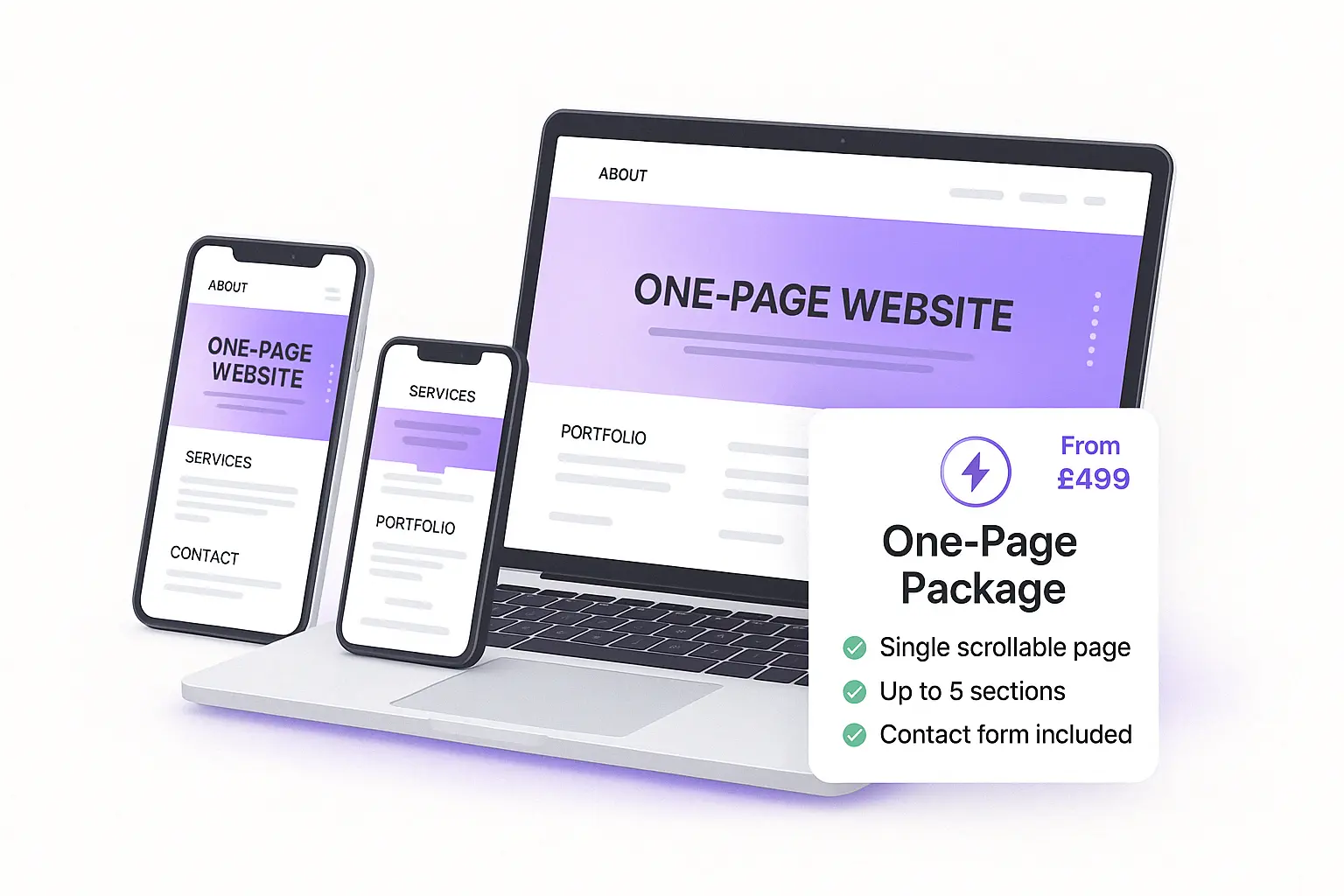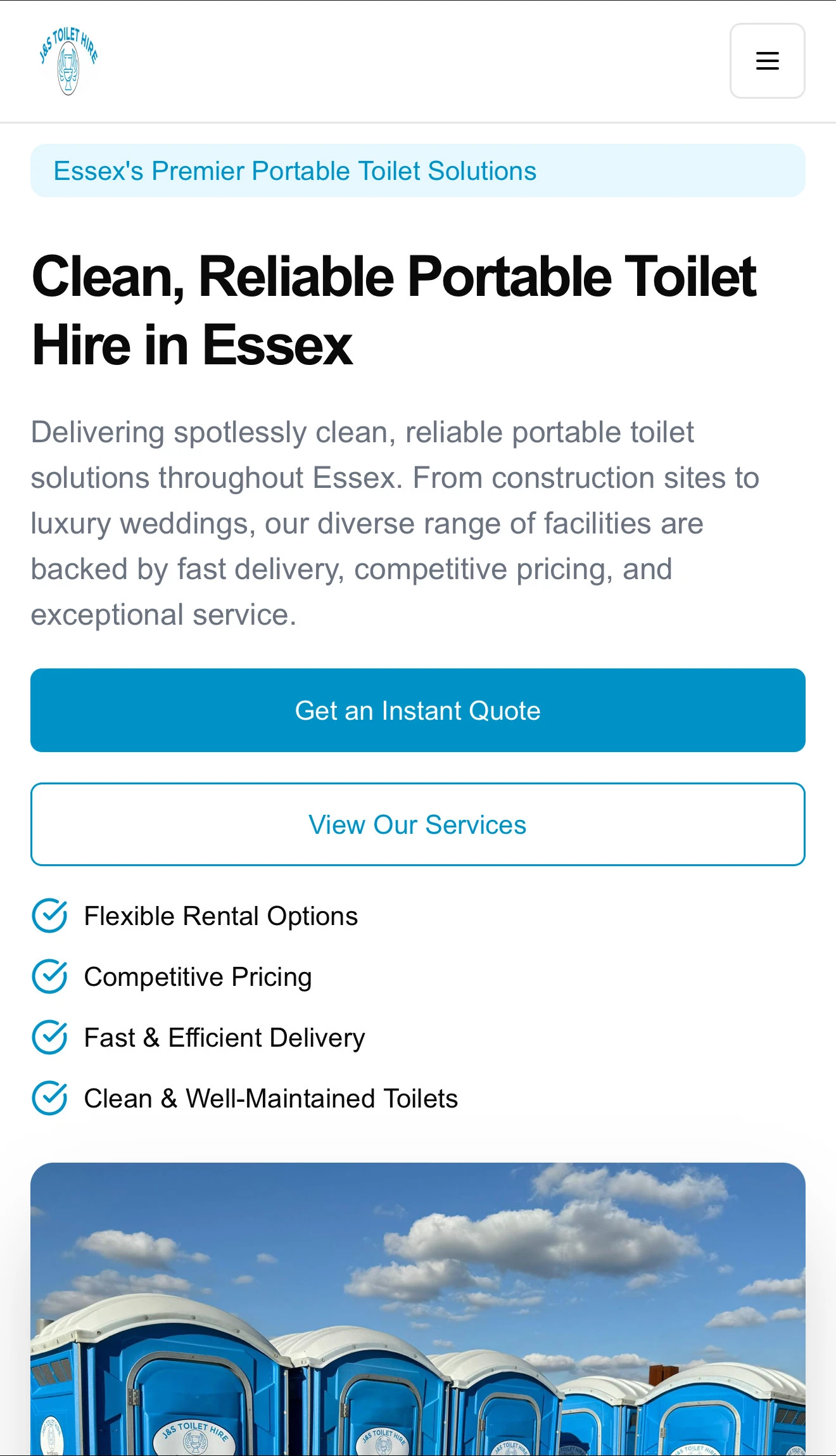In today’s competitive local markets, professional service providers such as lawyers, accountants, consultants, and medical experts face unique challenges when attracting local clients. Harnessing the power of local SEO specifically tailored for professional services can dramatically increase your visibility, build trust with potential clients nearby, and ultimately grow your business. This comprehensive guide will walk you through what local SEO is, why it’s crucial for your profession, and step-by-step strategies to optimise your online presence for local search success in 2025.
What is Local SEO and Why It Matters for Professional Services
Local SEO (Search Engine Optimisation) refers to the practice of optimising your online presence so that your business appears prominently in search results for location-specific queries. For professional services, this means targeting potential clients searching for specialized assistance within a particular geographic area.
The importance of local SEO for professional services cannot be overstated. Unlike retail businesses, professional service clients tend to seek trustworthy, nearby experts — whether it’s a solicitor, financial advisor, or healthcare provider. By ranking highly in local search results and Google Maps listings, professionals can attract more qualified leads who are ready to take action.
Some key benefits include:
- Increased visibility in “near me” and geo-targeted searches Improved credibility through local listings and reviews Higher conversion potential from visitors seeking specialised services nearby Competitive advantage over firms neglecting local optimisation
Key Elements of Local SEO for Professional Services
To succeed in local SEO, professional service providers must focus on several core components tailored to their sector and client expectations.
Optimising Google My Business for Professional Services
Google My Business (GMB) is often the first thing potential clients see when searching locally. Setting up and optimising your GMB listing is essential for local search dominance.
Key tips include:
- Complete every section with accurate information: business name, address, phone number (NAP), hours, and categories Use professional service-specific categories like “Tax Consultant” or “Family Lawyer” Add high-quality images of your office, team, or professional certifications Keep your listing updated with offers, new services, or COVID-19 protocols Respond promptly and thoughtfully to client reviews on your GMB profile
Building Quality Local Citations and Directories
Local citations refer to online mentions of your business’s NAP across reputable websites and directories. For professional services, appearing on industry-relevant and local directories boosts your authority and helps search engines verify your business legitimacy.
Effective citation building involves:
- Listing your firm on trusted sites like local chambers of commerce, niche directories for lawyers, accountants, or consultants Ensuring NAP consistency across all platforms to avoid confusion or penalties Submitting your business to general local directories, but prioritising quality over quantity Monitoring your citations regularly to correct any discrepancies
Importance of Reviews and Reputation Management
Online reviews hold significant weight for local SEO rankings and client trust — particularly for fields where reputation matters immensely.
Tips for managing reviews:
- Encourage satisfied clients to leave detailed, positive feedback on Google, Yelp, or specialist review sites Address negative reviews professionally, offering resolutions when appropriate Showcase testimonials on your website and social media channels Implement automated follow-up emails post-service to request reviews
Step-by-Step Local SEO Strategy for Professional Services
Implementing a targeted local SEO plan requires a blend of research and optimisation. Follow these key steps:
Conducting Local Keyword Research for Your Service Area
Understanding which geo-targeted keywords your potential clients use is the foundation of success.
How to approach keyword research:
- Use keyword tools like Google Keyword Planner, Moz, or SEMrush to find local search terms Combine your service offerings with location indicators (e.g., “divorce lawyer Bristol” or “accountant near me”) Identify long-tail local queries that indicate strong intent, such as “best family lawyer in Manchester” Track competitor keywords to discover gaps or opportunities

On-Page SEO Optimisation Tailored to Professional Services
Professional service websites should optimise their pages with clear, locally relevant content and technical SEO elements.
Best practices include:

- Incorporate local keywords naturally in page titles, meta descriptions, headings, and body text Create location-specific landing pages for different offices or regions served Use schema markup (LocalBusiness, ProfessionalService) to help search engines understand your business Ensure fast loading times, mobile responsiveness, and secure HTTPS connection
Leveraging Content Marketing for Local Authority
Publishing useful, locally focused content establishes your firm as an expert and drives organic traffic.
Content ideas:
- Write blog posts answering common local client questions (“What to consider when hiring an accountant in Sheffield?”) Share case studies or success stories highlighting local client outcomes Create guides about regulatory changes affecting your area or industry Host webinars or Q&A sessions targeting your local audience
Measuring and Tracking Your Local SEO Performance
Monitoring progress ensures your efforts translate into tangible results and helps with ongoing optimisation.
Key metrics and tools:
- Local search rankings for target keywords using tools like BrightLocal or Whitespark Google Analytics data on organic traffic sources and user behaviour Google My Business insights showing views, clicks, calls, and direction requests Review volume and sentiment analysis across platforms Leads generated from local search channels measured through CRM integration
Hiring a Local SEO Agency vs Doing It Yourself for Professional Services
Deciding between managing local SEO internally or outsourcing depends on resources, expertise, and objectives.
Pros of hiring a specialised local SEO agency:
- Access to expert knowledge tailored to professional services Time-saving from delegating complex tasks like citation building and technical SEO Ongoing monitoring and adaptation to search engine updates Data-driven strategies and reporting for ROI transparency
Pros of DIY local SEO:

- Lower upfront costs and full control over content Opportunity to learn valuable marketing skills Able to quickly adjust messaging based on direct client feedback
However, local SEO requires consistent effort and expertise, so many professional service providers benefit most from a hybrid approach — leveraging agencies for specialised work while overseeing content and client engagement themselves.
Local SEO is an indispensable tool for professional services looking to enhance their local presence, attract highly targeted clients, and stand out among competitors. By following these strategies—from Google My Business optimisation and citation building to content marketing and performance tracking—you can create a sustainable, effective local SEO campaign tailored to your business needs. Whether you choose to manage it yourself or partner with an experienced local SEO agency, investing in these tactics will position your professional services for growth in 2025 and beyond.